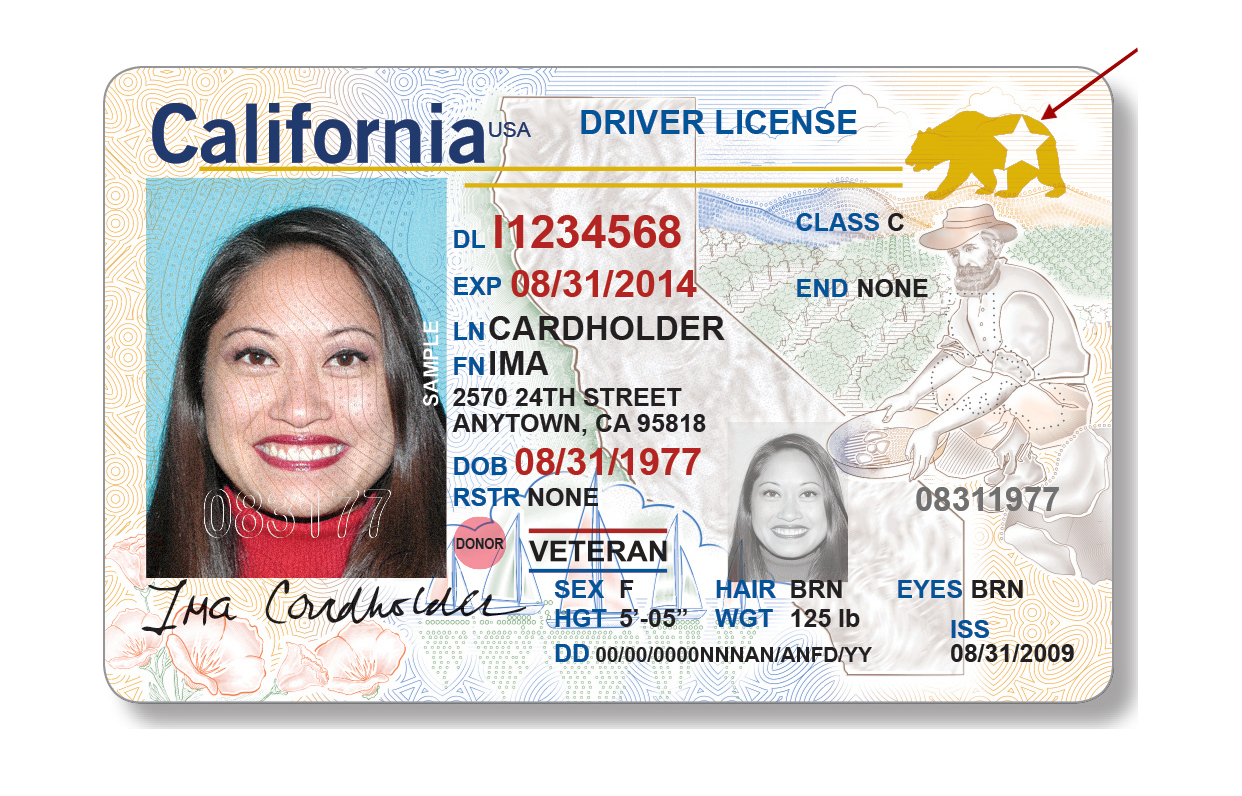A Journey Through the Wild for a Child’s Future
For many families in remote areas of Zimbabwe, obtaining essential documents like birth certificates and national identity cards is not just a bureaucratic task—it’s a life-changing challenge. Honest Mudenda, a father from Sinamusanga in Binga district, Matabeleland North, experienced this firsthand when he traveled 10 kilometers through a wildlife-infested forest to secure a birth certificate for his one-year-old son. “It was a huge risk for me and my family,” he said, “but we had no choice as I needed a birth certificate for my son.”
Sinamusanga is located about 170 kilometers from Binga town and is situated near the border between Zimbabwe and Zambia, where the Zambezi River separates the two countries. The area is known for its harsh environment, with dilapidated roads and the constant presence of wild animals such as lions and elephants. These factors have made economic activity difficult and limited access to essential social amenities.
The nearest clinic is 60 kilometers away, and public transportation is virtually nonexistent. As a result, scotchcarts—local transport methods—are the only option for villagers. In such conditions, getting an important document like a birth certificate or identity card often takes a backseat due to poverty and logistical challenges.
To address this issue, the government has partnered with UNICEF and received funding from the Swedish government to conduct mobile birth registration programs in eight rural provinces. This initiative aims to ensure that even the most marginalized communities are not left behind in the process of registering vital documents.
At Sinamusanga Primary School, hundreds of people have gathered to obtain birth certificates and identity cards. Mudenda shared his journey: “I came on a bicycle with my wife and our child because going to Siabuwa or Binga is too expensive for us.” He emphasized the importance of the document for his son, adding, “We had to wait for daylight as traveling during the night increases chances of encountering wild animals.”
The nearest civil registry offices are located in Siabuwa and Binga, which are 60 km and 170 km away, respectively. For others, like Norah Mwende, a 39-year-old mother, the journey was shorter but equally significant. She walked 4 km to the school to get a birth certificate for her daughter. “This birth certificate will enable my child to go to school without hassles and it will enable her to register for her Grade 7 examinations,” she said.
Financial barriers also play a major role. Locals in Sinamusanga must pay between $18 and $30 for a return trip to Siabuwa. For young John Mudenda, a 15-year-old boy, obtaining a birth certificate was a dream come true. “It has always been difficult for me to join school teams because I did not have a birth certificate,” he said. “Now that I have this paper, I am sure I can pursue my childhood dream of being a professional footballer.”
Local leaders have expressed their appreciation for the mobile registration efforts. Minister Mupande, a local councillor, called for a more sustainable solution, suggesting the establishment of a sub-office to reduce the burden on the community. Chief Sinamusanga, Gasta Siyateya Mwinde, praised the initiative, noting that the community has been empowered to assist mothers who give birth at home by providing forms that can be used for swift assistance at the civil registry office.
The civil registry department aims to provide over 500 identity documents, including birth certificates, to Sinamusanga villagers and those from neighboring areas by the end of the registration blitz. Deputy Registrar General Christina Chikerema highlighted the goal of ensuring all citizens have identity documents by 2030. She noted that the program has already been rolled out in several districts and plans to expand further across the country.
UNICEF Zimbabwe’s Chief of Child Protection, Nyasha Mayanga, emphasized the importance of these efforts in upholding children’s rights. “We do not only take availing identity documents to children as a mere administrative exercise, but as an important gateway for them to access services, as well as fulfilling their right to identity,” she said.
Zimbabwe has committed to international standards regarding child rights, including the United Nations Convention on the Rights of the Child and the African Charter. Sustainable Development Goal 16:9 calls for legal identity for all by 2030, including birth registration. According to the 2023-2024 Zimbabwe Demographic and Health Survey, the country has achieved 57% coverage in birth registration.







